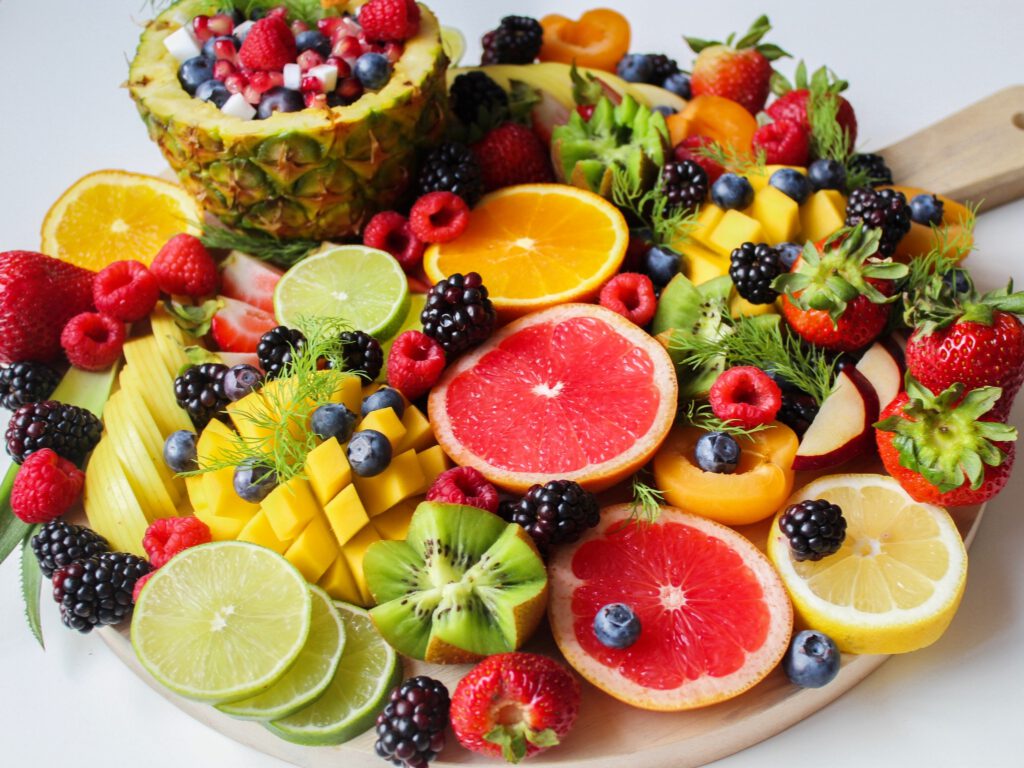Nowadays, everyone likes to scream from the rooftops: “Sugar is bad for you!” But are really all sugar sources bad?
Here are the most important aspects about sugar sources you should know.
Why we crave bad sugar sources
Sugar can create quick energy for our bodies.
That’s why sugar “hooks” our brain so it can get its “quick fix”.
Studies have already shown something shocking: When a mouse that is hooked on drugs has to choose between its current drug and sugar…
It will actually prefer the sugar most of the time.
That’s how addictive sugar is.
Insider tip: The food companies know this to keep us addicted.
That’s why you should make sure to include as many good sugar sources as possible…
While reducing the bad sugar sources.
Not all kinds of sugar are created equal
Consuming the wrong sugar sources in high doses regularly can promote diseases like diabetes type 2, non-fatty liver disease and cancer.
However, consuming good sugar sources may even help your health.
That’s because they also contain a lot of other beneficial substances, like protein, phytonutrients, antioxidants, fiber and more.
Thanks to the fiber, the sugar enters your body’s system more slowly.
This prevents the “blood sugar spikes” and the “crashes” that usually follow.
Fruits and vegetables are the most common source of fiber.
Quality matters in your sugar sources. But what exactly is “quality”?
If the food is not exactly poisonous, natural foods are always the way to go. What used to be common practice 100 years ago is now being rediscovered, slowly but surely.
As a rule of thumb: The more unrefined (“processed”) a food is, the higher the quality.
It bears repeating: The fiber in fruits slows down the absorption of the sugar into your body.
The result: No “blood sugar spikes” and crashes that we all know from unhealthy foods.
That’s why you should always prefer natural sugar sources.
Examples: dates, bananas, mangoes, apples, berries, honey, maple syrup.
While dates, bananas and mangoes contain a lot of natural sugar, berries contain less. (Read more about why dates are amazing here.)
Lemons for example contain next to no sugar.

Examples for bad sugar sources: store-bought candy, soft drinks, cakes, cookies, ice cream, many sauces, most ketchup brands (they contain an absurd amount of sugar).
The bad sugar sources often have one thing in common: They have next to no nutrients in them, but they are full of chemicals,
Quick tip: Some of the best sweeteners are honey, maple syrup and coconut syrup.
Honey and maple syrup have a lot of antioxidants and other beneficial nutrients. Swap the industrial sugar for these whenever you’re sweetening, and you’re good to go.
Just remember to not overdo it, even with good, natural sugar sources.
Summary
Sugar that comes from industrially processed foods is bad for your body. That’s because all the good, natural aspects of the food have been stripped away. The result: The sugar enters your body almost directly, which can cause the notorious “blood sugar spikes” and “crashes”.
Natural sugar is the far better alternative because there are a lot of other compounds which are beneficial for your body, such as antioxidants, phytonutrients, fiber and a lot more. The fiber of fruits and vegetables makes the sugar less dangerous for your body, as it enters your system more slowly.
Foods high in natural sugar: Bananas, mangoes, dates, apples (one of the highest sugar concentrations: But they’re good for you!)
Even with the good sources of sugar, you should aim to not go overboard with them.
If you want more content and tips like these, subscribe to my newsletter.
P.S.
Take a look at this awesome video for a sweet treat with tasty and healthy stuff in it.